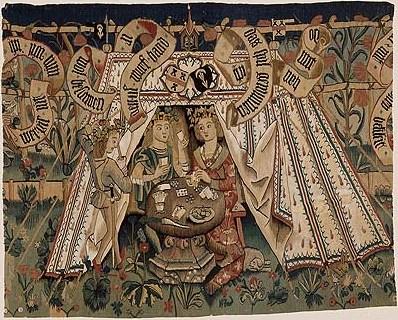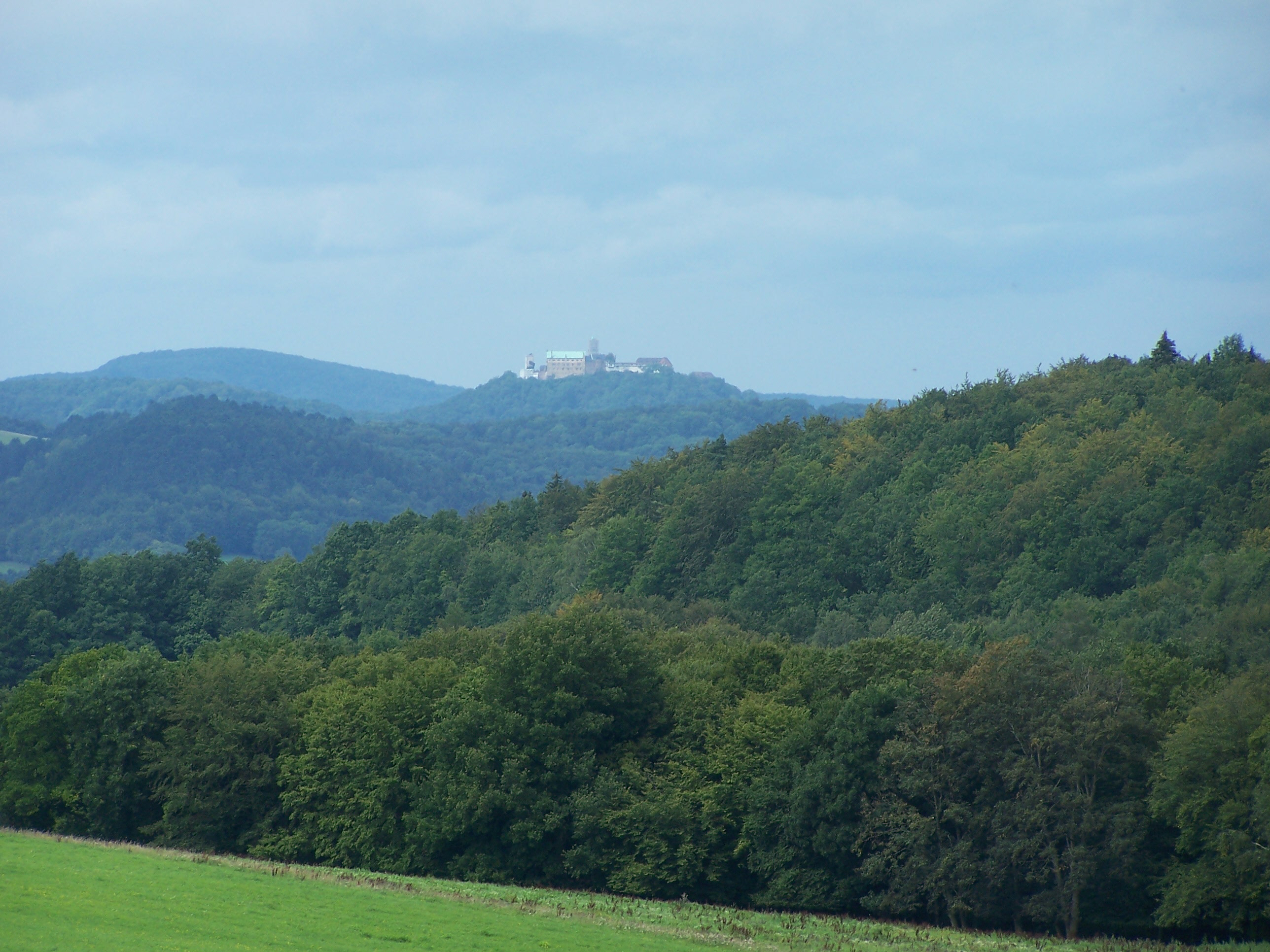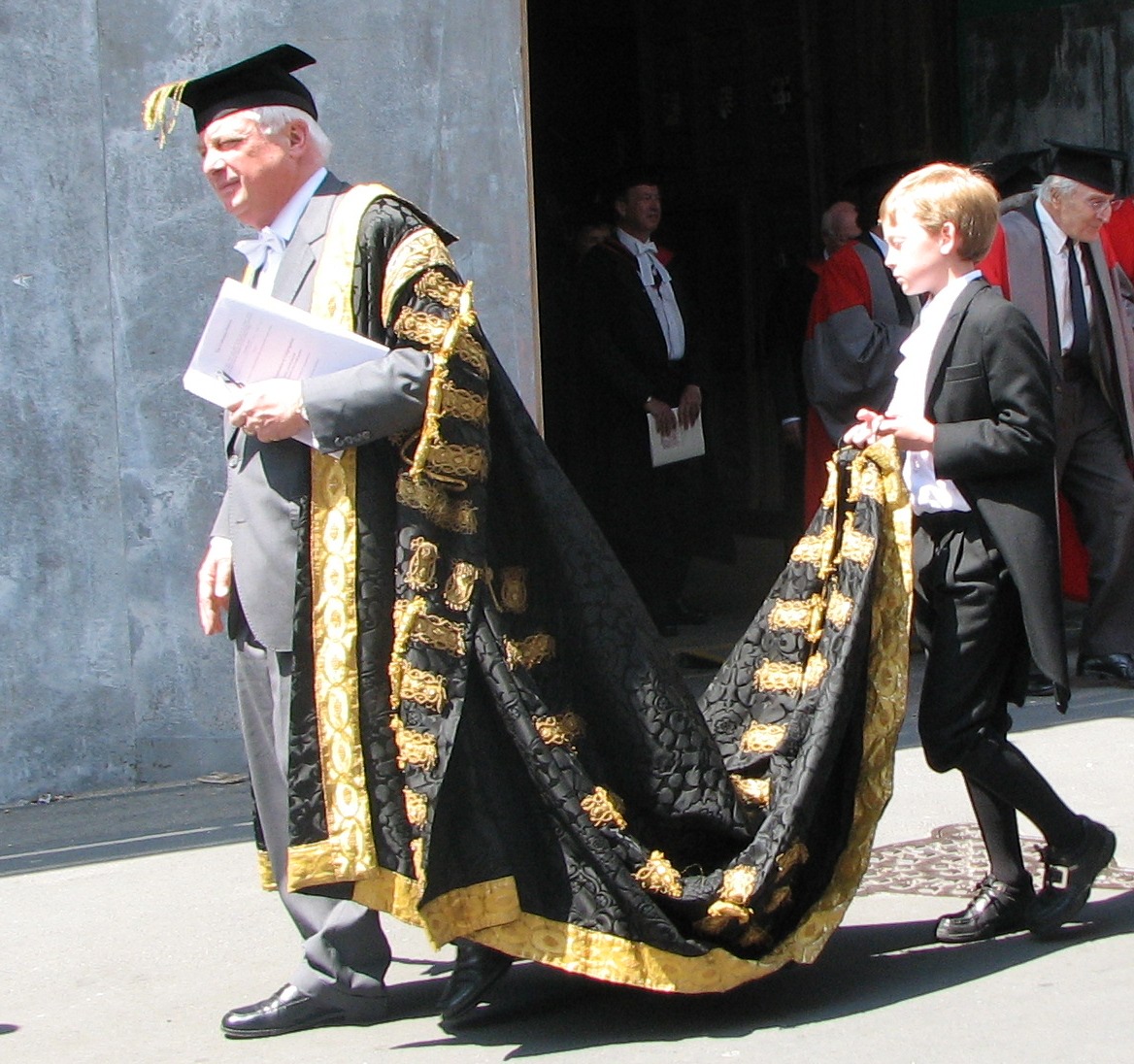|
Junker
Junker ( da, Junker, german: Junker, nl, Jonkheer, en, Yunker, no, Junker, sv, Junker ka, იუნკერი (Iunkeri)) is a noble honorific, derived from Middle High German ''Juncherre'', meaning "young nobleman"Duden; Meaning of Junker, in German/ref> or otherwise "young lord" (derivation of ''jung'' and ''Herr''). The term is traditionally used throughout the German-speaking, Dutch-speaking and Scandinavian-speaking parts of Europe. It was also used in the Russian Empire due to Baltic German influence, up until the Russian Revolution. The term is currently still in use by the Georgian Defense Forces for student officers of the National Defence Academy. Honorific title In Brandenburg, the ''Junker'' was originally one of the members of the higher '' Edelfrei'' ( immediate) nobility without or before the accolade. It evolved to a general denotation of a young or lesser noble, sometimes politically insignificant, understood as "country squire". Martin Luther disguise ... [...More Info...] [...Related Items...] OR: [Wikipedia] [Google] [Baidu] |
Otto Von Bismarck
Otto, Prince of Bismarck, Count of Bismarck-Schönhausen, Duke of Lauenburg (, ; 1 April 1815 – 30 July 1898), born Otto Eduard Leopold von Bismarck, was a conservative German statesman and diplomat. From his origins in the upper class of Junker landowners, Bismarck rose rapidly in Prussian politics, and from 1862 to 1890 he was the minister president and foreign minister of Prussia. Before his rise to the executive, he was the Prussian ambassador to Russia and France and served in both houses of the Prussian Parliament. He masterminded the unification of Germany in 1871 and served as the first Chancellor of the German Empire until 1890, in which capacity he dominated European affairs. He had served as the chancellor of the North German Confederation from 1867 to 1871, alongside his responsibilities in the Kingdom of Prussia. He cooperated with King Wilhelm I of Prussia to unify the various German states, a partnership that would last for the rest of Wilhelm's life. The ... [...More Info...] [...Related Items...] OR: [Wikipedia] [Google] [Baidu] |
East Elbia
East Elbia (german: Ostelbien) was an informal denotation for those parts of the German Reich until World War II that lay east of the river Elbe. The region comprised the Prussian provinces of Brandenburg, the eastern parts of Saxony ( Jerichower Land) and the Kingdom of Saxony (Upper Lusatia), Pomerania, Silesia, East Prussia, West Prussia and Posen (from 1922 Posen-West Prussia) as well as the states of Free State of Mecklenburg-Schwerin and Free State of Mecklenburg-Strelitz. The urban area of Berlin was not included. East Elbia was noted for its historic manorialism and serfdom, as well as for political conservatism, combined with the predominantly Protestant confession of the local population. "East Elbian Junker" was a politically charged term used by leftist parties especially during the Weimar Republic (1918-1933), denoting especially the rich functionaries of the conservative, right-wing German National People's Party (DNVP) that fit the stereotype. Already during the t ... [...More Info...] [...Related Items...] OR: [Wikipedia] [Google] [Baidu] |
Jonkheer
(female equivalent: ; french: Écuyer; en, Squire) is an honorific in the Low Countries denoting the lowest rank within the nobility. In the Netherlands, this in general concerns a prefix used by the untitled nobility. In Belgium, this is the lowest title within the nobility system, recognised by the Court of Cassation. It is the cognate and equivalent of the German noble honorific , which was historically used throughout the German-speaking part of Europe, and to some extent also within Scandinavia. The abbreviation of the honorific is ''jhr.'', and that of the female equivalent ''jkvr.'', which is placed before the given name and titles. Honorific of nobility or is literally translated as 'young lord' or 'young lady'. In the Middle Ages, such a person was a young and unmarried child of a high-ranking knight or nobleman. Many noble families could not support all their sons to become a knight, because of the expensive equipment. So the eldest son of a knight was a young lo ... [...More Info...] [...Related Items...] OR: [Wikipedia] [Google] [Baidu] |
National Defence Academy (Georgia)
The David Aghmashenebeli National Defence Academy ( ka, დავით აღმაშენებლის ეროვნული თავდაცვის აკადემია, tr) also known commonly as the ETA is the main military institution for the educational training of senior officers in the Defence Forces of Georgia. It is a legal entity under the Ministry of Defence of Georgia. It is a LEPL (leading higher military Institution), which aims to indoctrinate officers with some of the highest academic and military education standards. The current rector of the ETA is Brigadier General Malkhaz Makaradze. History The Georgian military educations dates back to 1862 when the first military school was established in Tbilisi. On the occasion of Georgia obtaining its independence in 1918, the Commanders-in-Chief of the Democratic Republic of Georgia, Major General Giorgi Kvinitadze established the Georgian Junkers Military School". After the Red Army invasion of Georgia i ... [...More Info...] [...Related Items...] OR: [Wikipedia] [Google] [Baidu] |
Fahnenjunker
''Fahnenjunker'' (short Fhj or FJ, en, officer cadet; ) is a military rank of the Bundeswehr and of some former German armed forces. In earlier German armed forces it was also the collective name for many officer aspirant ranks. It was established by the ''Presidential order of the Federal president on rank insignia and uniforms of soldiers''.The Federal president (publisher): Order of the Federal president (de: Bundespräsident) on rank insignia and uniform of soldiers (short title: BPräsUnifAnO), issued July 14, 1978. Rank ''Fahnenjunker'' is the entrance rank to an officer aspirant career. According to the salary class, it is equivalent to the Unteroffizier ohne Portepee ranks Unteroffizier of the army or air force, and Maat of the Deutsche Marine. It is also grouped as OR-5 in NATO, equivalent to Sergeant, Staff Sergeant in the US Armed forces. In the army context, NCOs of this rank were formally addressed as ''Herr/ Frau Fahnenjunker'' also informally / short ''Fahnen ... [...More Info...] [...Related Items...] OR: [Wikipedia] [Google] [Baidu] |
German Empire
The German Empire (),Herbert Tuttle wrote in September 1881 that the term "Reich" does not literally connote an empire as has been commonly assumed by English-speaking people. The term literally denotes an empire – particularly a hereditary empire led by an emperor, although has been used in German to denote the Roman Empire because it had a weak hereditary tradition. In the case of the German Empire, the official name was , which is properly translated as "German Empire" because the official position of head of state in the constitution of the German Empire was officially a "presidency" of a confederation of German states led by the King of Prussia who would assume "the title of German Emperor" as referring to the German people, but was not emperor of Germany as in an emperor of a state. –The German Empire" ''Harper's New Monthly Magazine''. vol. 63, issue 376, pp. 591–603; here p. 593. also referred to as Imperial Germany, the Second Reich, as well as simply Germany, ... [...More Info...] [...Related Items...] OR: [Wikipedia] [Google] [Baidu] |
Martin Luther
Martin Luther (; ; 10 November 1483 – 18 February 1546) was a German priest, theologian, author, hymnwriter, and professor, and Augustinian friar. He is the seminal figure of the Protestant Reformation and the namesake of Lutheranism. Luther was ordained to the priesthood in 1507. He came to reject several teachings and practices of the Roman Catholic Church; in particular, he disputed the view on indulgences. Luther proposed an academic discussion of the practice and efficacy of indulgences in his '' Ninety-five Theses'' of 1517. His refusal to renounce all of his writings at the demand of Pope Leo X in 1520 and the Holy Roman Emperor Charles V at the Diet of Worms in 1521 resulted in his excommunication by the pope and condemnation as an outlaw by the Holy Roman Emperor. Luther taught that salvation and, consequently, eternal life are not earned by good deeds but are received only as the free gift of God's grace through the believer's faith in ... [...More Info...] [...Related Items...] OR: [Wikipedia] [Google] [Baidu] |
Wehrmacht
The ''Wehrmacht'' (, ) were the unified armed forces of Nazi Germany from 1935 to 1945. It consisted of the ''Heer'' (army), the '' Kriegsmarine'' (navy) and the ''Luftwaffe'' (air force). The designation "''Wehrmacht''" replaced the previously used term and was the manifestation of the Nazi regime's efforts to rearm Germany to a greater extent than the Treaty of Versailles permitted. After the Nazi rise to power in 1933, one of Adolf Hitler's most overt and audacious moves was to establish the ''Wehrmacht'', a modern offensively-capable armed force, fulfilling the Nazi régime's long-term goals of regaining lost territory as well as gaining new territory and dominating its neighbours. This required the reinstatement of conscription and massive investment and defense spending on the arms industry. The ''Wehrmacht'' formed the heart of Germany's politico-military power. In the early part of the Second World War, the ''Wehrmacht'' employed combined arms tactics (close- ... [...More Info...] [...Related Items...] OR: [Wikipedia] [Google] [Baidu] |
Wartburg
The Wartburg () is a castle originally built in the Middle Ages. It is situated on a precipice of to the southwest of and overlooking the town of Eisenach, in the state of Thuringia, Germany. It was the home of St. Elisabeth of Hungary, the place where Martin Luther translated the New Testament of the Bible into German, the site of the Wartburg festival of 1817 and the supposed setting for the possibly legendary '' Sängerkrieg''. It was an important inspiration for Ludwig II when he decided to build Neuschwanstein Castle. Wartburg is the most-visited tourist attraction in Thuringia after Weimar. Although the castle today still contains substantial original structures from the 12th through 15th centuries, much of the interior dates back only to the 19th century. In 1999, Wartburg Castle was inscribed on the UNESCO World Heritage List because of its quintessential medieval architecture and its historical and religious significance. Etymology The name of the castle is proba ... [...More Info...] [...Related Items...] OR: [Wikipedia] [Google] [Baidu] |
Freiherr
(; male, abbreviated as ), (; his wife, abbreviated as , literally "free lord" or "free lady") and (, his unmarried daughters and maiden aunts) are designations used as titles of nobility in the German-speaking areas of the Holy Roman Empire and in its various successor states, including Austria, Prussia, Bavaria, Liechtenstein, Luxembourg, etc. Traditionally, it denotes the titled rank within the nobility above ' (knight) and ' (nobility without a specific title) and below ' ( count, earl). The title superseded the earlier medieval form, '. It corresponds approximately to the English ''baron'' in rank. The Duden orthography of the German language references the French nobility title of '' Baron'', deriving from the latin-germanic combination ''liber baro'' (which also means "free lord"), as corresponding to the German "Freiherr"; and that ''Baron'' is a corresponding salutation for a ''Freiherr''.Duden; Definition of ''Baron, der'' (in German)/ref> ' in the feudal system Th ... [...More Info...] [...Related Items...] OR: [Wikipedia] [Google] [Baidu] |
Fanjunkare
Fanjunkare (OR-7) is a Swedish military rank above Översergeant and below Förvaltare. The word 'Fanjunkare' is derived from German 'Fahnenjunker', and denotes a standard-bearer, hence 'Colour Sergeant'. Promotion For promotion to ''Fanjunkare'', a minimum of four years time-in-grade as ''Översergeant'' is required, although six years is preferable.''Karriärvägarna för specialistofficerare.'' 2020-02-15. A ''Fanjunkare'' has the same relative rank as a ."Försvarsmaktens föreskrifter om personaltjänst. 27 November 2019." ''Försvarets författningssamling.'' FFS 2019:6, 2 § 8. Duties * ''Fanjunkare'' are Speci ...[...More Info...] [...Related Items...] OR: [Wikipedia] [Google] [Baidu] |
Page (servant)
A page or page boy is traditionally a young male attendant or servant, but may also have been a messenger in the service of a nobleman. During wedding ceremonies, a page boy is often used as a symbolic attendant to carry the rings. Etymology The origin of the term is uncertain, but it may come either from the Latin ''pagus'' (servant), possibly linked to peasant, or an earlier Greek word (''pais'' = child). The medieval page In medieval times, a page was an attendant to a nobleman, a knight, a governor or a castellan. Until the age of about seven, sons of noble families would receive training in manners and basic literacy from their mothers or other female relatives. Upon reaching seven years of age, a boy would be sent to the castle, great house or other estate of another noble family. This would match the age at which apprenticeships or servants' employment would be entered into by young males from lower social classes. A young boy served as a page for about sev ... [...More Info...] [...Related Items...] OR: [Wikipedia] [Google] [Baidu] |


-en.png)



